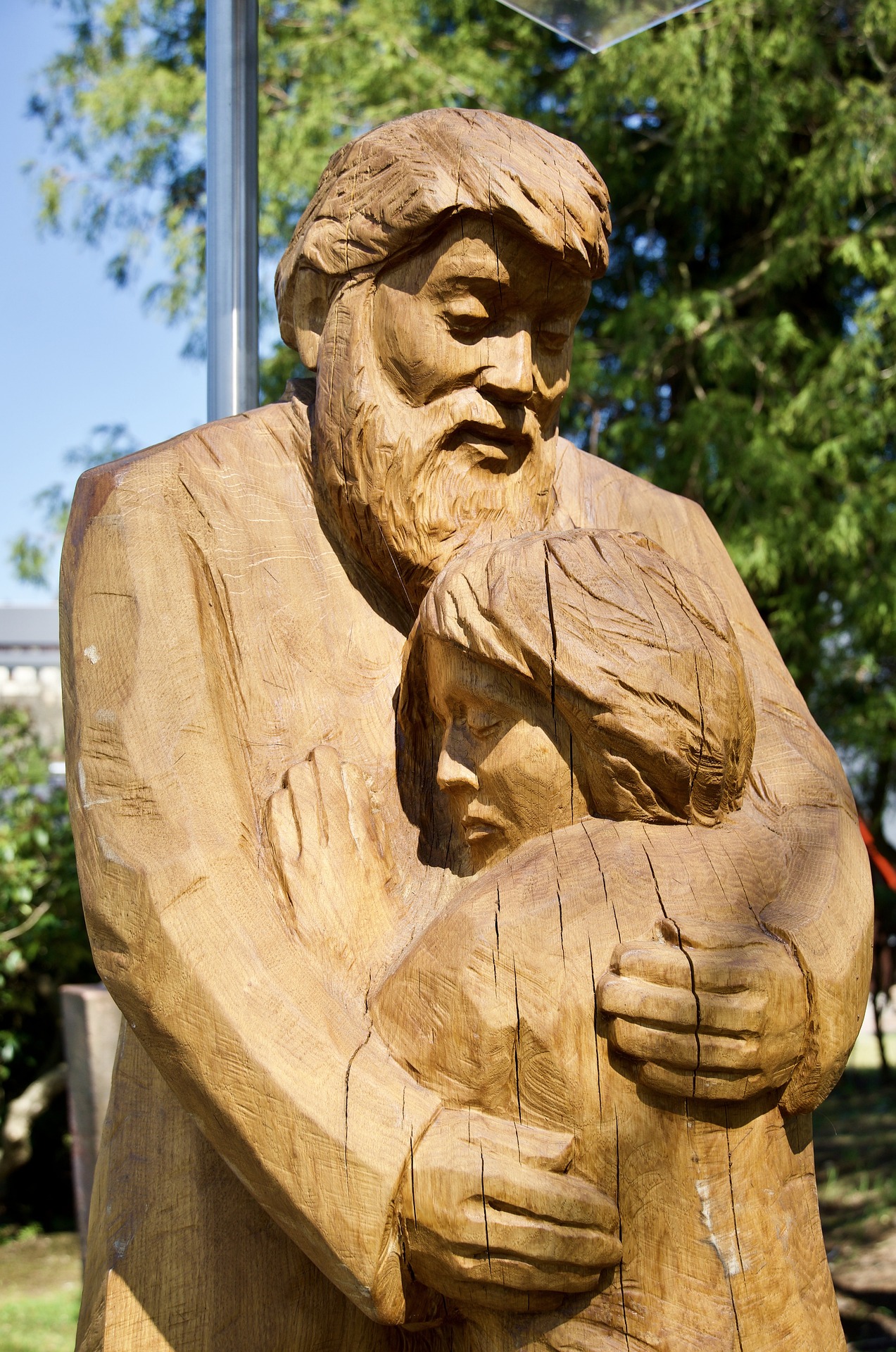
When Life Doesn’t Go As Planned…
The life of a missionary is one that requires a great deal of flexibility and adaptability. The skills we’ve developed over time as missionaries have served us well in an ever changing world. The things is, even with those skills, objectively speaking, our lives have been anything but stable and consistent since the pandemic upended our plans and general ministry trajectory all those years ago. In fact, when we reflect on our life over the past 5 years, it’s been pretty tough.
We unceremoniously had to return stateside due to unforeseen circumstances. We returned in the middle of a time when all we had known to be consistent seemingly exploded as chaos ran roughshod across the world. Our return, unbeknownst to us, led us into what’s been a season of great uncertainty. Stability has been elusive over the past few years which has provided a great deal of stress for our family.
In a relatively short amount of time, we lost our mission organization and ministry thrust. We lost our home, friends, and dreams. Almost overnight our lives were flipped upside down and there was little undergirding our feet whilst we tried to pivot towards, what essentially became a whole new life. The life of a missionary is already one of goodbyes and losses, but these past few years it seems difficulty has increased along with compounded losses. In short, it’s been a hard season.
“Thank God That’s Not Me…”
We all remember, to varying degrees the stress and uncertainty that the entire world felt during the pandemic. It was the experience of living through the pandemic in Italy that provided us a way to really start to see the difference between pity and compassion. I’ll never forget the looks on the faces of the people we would talk to on zoom as we told them we were in the middle of one of the most draconian realities in all of the western world. The sheer horror mixed with “thank god that’s not me” was palpable.
The horror of a life that has been stripped of comfort, stability, and certainty has a way of provoking feelings and emotions in the people who are looking on from a distance. What we began to see was how crisis and difficulty in life offers others a choice in how they will engage – push away with pity or enter in with compassion.
When You Can’t Fix Anything…
Our story has been one that hasn’t made much sense to most of our world. By all accounts, we’ve done everything the “right” way. We’ve followed God, praying and seeking Him for direction. We’ve stepped towards things as He has invited. Despite doing things the “right” way, our life has looked more like a book in the Lemony Snicket series than one of victory and blessedness. For the better part of a decade, our life with God has largely been a parade of losses and disappointments. The years have often been marked by more mourning than celebration. What we found is that there’s not really a paradigm for those times when you do everything right and it turns out terribly wrong.
When everything goes wrong, people, at their best, want to help fix things. We’ve experienced this many times over. We have seen others desire to jump in and figure out a solution to help us. For that we’ve been so very grateful. But we increasingly saw the futility of trying to fix things that were clearly being worked out with intention by God. Sometimes, God doesn’t allow for a quick fix. On purpose. How people respond once they realize their inability to fix anything is quite telling. When the ability to “fix” or, really to control a situation is wrested from our hands, how do we respond? Do we move towards with compassion or away with pity?
Pity vs. Compassion
Over the years we’ve seen the looks of bewilderment and relief. We’ve heard the comments; most well-meaning. Make no mistake, by all accounts, our life over the past few years has largely been quite pitiable. But what we’ve learned over the years is how life-giving compassion can be in the midst of such unrest. At the same, we saw just how destructive pity can be both to the one offering it and to its object.
Pity allows us to disengage and maintain our level of comfort in a way that actually undermines a person’s humanity. In fact, pity is like a second cousin to contempt. It essentially allows us to see others as less fortunate than ourselves. Pity is the epitome of the thought, “thank god that’s not me.” It pushes away the discomfort that’s caused by the disruption of suffering and loss. It essentially works as a defense mechanism that prevents us from having to feel the weight of discomfort. If I can see myself as different or better off, I don’t have to enter into the suffering and really “feel” it.
Moving towards someone whose life is marked by great difficulty requires quite a bit of fortitude. To move towards suffering is quite literally the definition of “compassion.” To be compassionate is to “suffer with.” Compassion requires us to enter into the suffering with the other person. It requires us to really “feel” the weight of the reality. At the same time, it allows us to hold the truth that we might not actually be able to fix or change anything. Compassion requires us to see ourselves in the other person. It requires us to see in ourselves the suffering, loss, and discomfort that lies within our own hearts.
Becoming Compassionate People
To be sure, we’ve experienced a great deal of compassion. Interestingly, over time we began to notice that those who themselves had walked through suffering were often better able to meet us in our place of disorientation and loss. They were able to simply “be” with us, without needing to change or fix anything. When we walk through suffering and loss and experience God meeting us in it, we ourselves are changed. This experience allows us to see God’s care for us and our situation. In turn, it allows us to be present with others who may need that care too.
Becoming a person whose default is compassion takes intentionality. We must first become the kind of people who willingly enter into our own suffering and discomfort. If we avoid suffering at all cost, or avoid dealing with the feelings that accompany loss and disappointment in our own lives, we’ll never be able to offer that to others.
Though today we still walk with questions and uncertainty, these holy and compassionate moments with people have been some of the most sacred and healing times of this season. Compassion creates space for the discomfort and, more importantly, the Spirit of God. It allows us to move toward one another with a commonality and heart ever towards connection which undoubtedly creates space for the Spirit to enter in.
We have needed compassion over these years. We are grateful for the myriad of people who met us with deep compassion and care. The truth is, we all need compassion. Our world needs to experience the “with-ness” of compassion. We’re grateful for the ways this season has shaped us with a heart to move towards suffering and loss in ways that sow life and love. Our God is one who always moves towards, not away. May we ever become more like him in this way.

